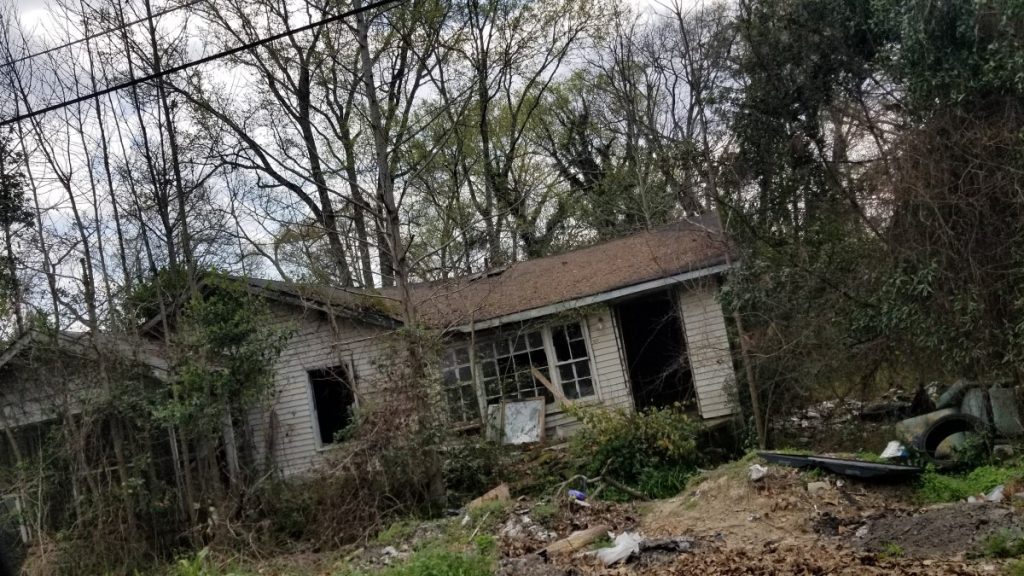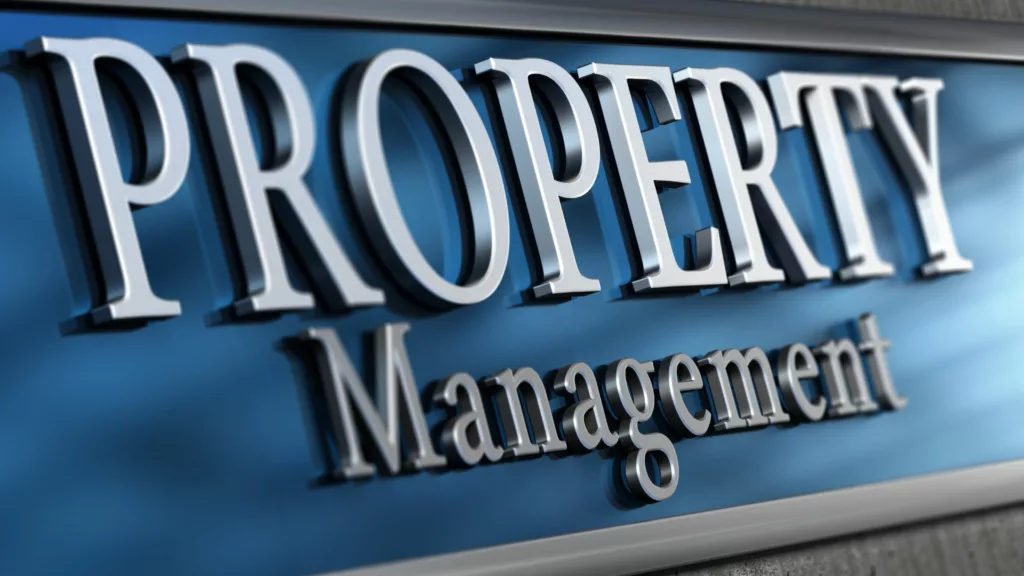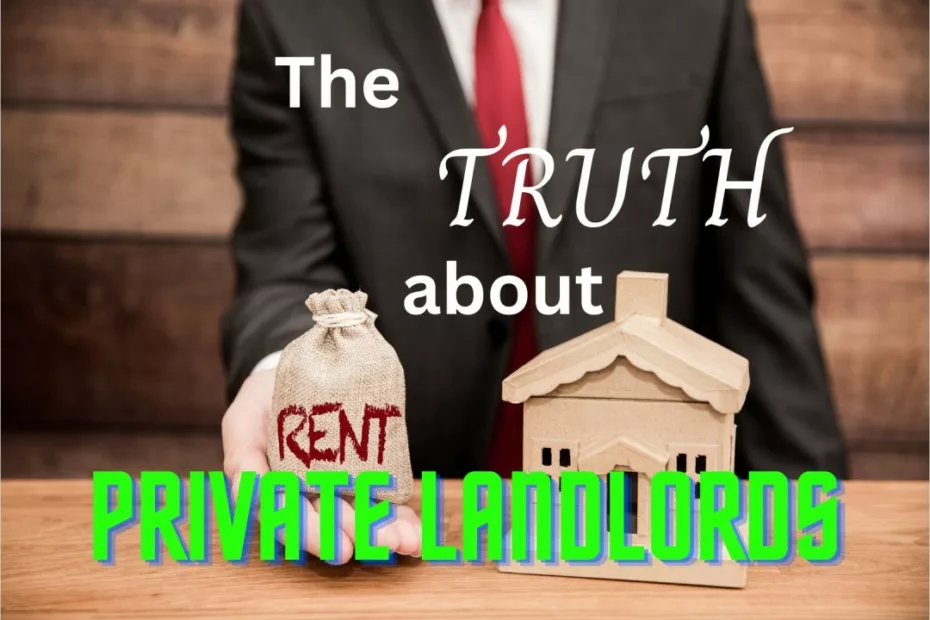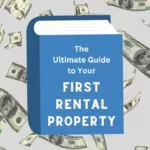Renting a home is a popular option for many people, and it’s not uncommon to find rental properties owned and managed by private landlords. But what exactly is a private landlord, and what does it mean for tenants who rent from them?
In this article, we will explore the concept of private landlords and what they offer, as well as the benefits and potential drawbacks of renting from them. We will also cover some important information about rental agreements, legal obligations, and best practices for both landlords and tenants.
Whether you are a prospective tenant or a new landlord, this article will provide you with the essential information you need to know about private landlords and the rental market.
What is a Private Landlord?
A private landlord is an individual or entity that owns and rents out residential properties, such as single-family homes, apartment buildings, or rental units, to tenants. They are not associated with any housing association, local council, or government agency.
Private landlords are responsible for ensuring their rental properties meet accepted minimum standards for safety and habitability. They charge their tenants rent in exchange for providing a safe and secure home. Private landlords may own and manage their rental properties independently or use tools like online portals for renters to assist them.
Who Are Private Landlords?
Private landlords can be anyone who owns and rents out residential properties, from individuals to partnerships or small companies. They may be people who have inherited property or invested in real estate, or they may have become landlords accidentally by renting out a property they previously lived in.
Some private landlords deliberately buy properties to rent out to generate income or build wealth through investment. Private landlords can range from first-time landlords with a single rental property to professional landlords with a portfolio of properties. They may be independent landlords who manage their rental properties themselves or may hire a professional property manager to assist them.
Becoming a Private Landlord

To become a private landlord, you need to take the following steps:
Define a Budget
Define your level of investment and budget. Figure out how much you can invest in rental property, and also calculate the reserve funding required to cover regular maintenance and unexpected repairs. Make sure you know exactly how much to pay for a rental house.
Find the Right Property
Research different areas and determine which neighborhoods will be the most desirable for tenants. Evaluate neighborhood characteristics such as the quality of local schools, the neighborhood crime rate, amenities like libraries, parks, and movie theaters, the quality and quantity of local restaurants, and access to public transportation.
Understand Local Landlord-Tenant Laws
Before finalizing your rental purchase, you should review local laws for landlords and tenants. Familiarize yourself with the terms and laws that will affect your rental.
Prepare the Property for Tenant Occupancy
Conduct repairs and complete any modifications to the property. Finish any painting projects and ensure the wiring and plumbing are up to code. Also, inspect any onsite appliances to ensure they are in good working order. No matter how handy you are, bring in pros to get the job done quickly.
Determine How Much to Charge for Rent
It’s essential to set the right price for your rental. Research other rentals in the area to find the going rate for a comparable apartment or home. You will be limited to collecting the market rent, so be sure you knowthe market rent before you buy the house.
Draft a Lease Agreement
Choose which day of the month the rent is due. Identify any late rent fees or penalties that should be covered in the lease. Another critical question to consider is how to collect the rent.
Market the Rental Property
List your rental on various property search websites such as Realtor.com, Zillow.com, Apartments.com, and Craigslist, or list your property in the local newspaper, on Facebook Marketplace, or via Nextdoor.
Screen Prospective Tenants
Make sure you have a simple and efficient application process. Charge an application fee to run a credit and background check or use an online screening service.
Signing the Lease Agreement
Arrange a meeting with the tenant in person to review the lease terms. Request that they bring the security deposit to this meeting, at which time you can explain how the rent will be paid. After the rental agreement is signed, meet the tenant at the property to do a thorough walk-through.
Should I Use a Property Management Company?

It’s essential to remember that a property management firm is incentivized to collect rent but may not prioritize effectively handling maintenance requests. This is because their pay structure is typically based on a percentage of the rent, so collecting rental income is more financially beneficial to them than spending money on repairs. As a result, they often go with the easiest repair option, regardless of price, and then send the property owner the bill.
As a beginning landlord, managing the property yourself is a good idea. Using this approach gives you a complete understanding of what property management entails. Once you have experience, you can consider using a company. This guide will help you decide whether to use a property management company.
Alternatives to a Private Landlord
Property Management Companies
A property management company manages rental properties on behalf of the private owner, handling tasks such as collecting rent, scheduling maintenance and repairs, and handling tenant issues.
Real Estate Investment Trusts (REITs)
REITs are companies that own and operate income-generating real estate. They often specialize in specific properties, such as apartment buildings, office buildings, or shopping centers.
Cooperative Housing
Cooperative housing involves a group of people who collectively own and manage a building or buildings. Each resident has an ownership share in the cooperative and participates in making decisions about the property.
Public Housing
Public housing is a government-funded program that provides subsidized housing to low-income families, the elderly, and people with disabilities.
Non-Profit Housing Organizations
Non-profit organizations may own and manage rental properties, often focusing on providing affordable housing to low-income families or individuals.
Is it Better to Rent from a Private Landlord?
There is no definitive answer to this question as it depends on factors such as personal preferences, location, price, and the specific private landlord or property management company. Some tenants prefer renting from a private landlord because they can have a more personal relationship and direct communication with them. On the other hand, other tenants might prefer a property management company because they offer a more professional approach to renting and can provide additional services such as maintenance and repairs.
Do Private Landlords do Credit Checks

Many private landlords do credit checks on potential tenants as part of their screening process. The landlord wants to ensure that the tenant can pay the rent on time and has a history of responsible financial behavior. The credit check will typically examine the tenant’s credit score, payment history, and outstanding debts or collections.
It’s important to note that not all private landlords will conduct credit checks, and some may place more emphasis on other factors such as employment history and rental references.
What Do Private Landlords Ask For?
Private landlords may ask potential tenants for various information and documentation during the rental application process, including:
- Proof of income: Private landlords may request proof of income to ensure tenants can pay rent on time. This may include pay stubs, bank statements, or tax returns.
- Rental history: Private landlords may ask for references from past landlords to confirm that the tenant has a history of paying rent on time and taking care of rental properties.
- Credit check: Private landlords may perform a credit check to evaluate a tenant’s creditworthiness and determine whether they have a history of paying their bills on time.
- Identification: Private landlords may ask for identification, such as a driver’s license or passport, to confirm the tenant’s identity.
- Employment verification: Private landlords may ask for proof of employment to confirm that the tenant has a stable job and income source.
- Background check: Private landlords may perform a background check to confirm that the tenant has no criminal history or prior evictions.
The specific requirements of private landlords may vary depending on the individual landlord, the rental property, and the local laws and regulations.
Finding a Private Landlord Online
Zillow is a popular online real estate marketplace that allows users to search for homes to buy or rent. If you are looking for private landlords on Zillow, you can follow these steps:
- Go to Zillow’s website and select “Rent” from the top menu.
- Enter the location where you want to rent a property in the search bar and select “Apply.”
- Select “More” from the menu on the left-hand side of the screen.
- Under “Listing Type,” select “For Rent by Owner.”
- You will now see a list of properties for rent by private owners. You can filter your search by selecting your desired price range, number of bedrooms, and other features.
- Click on a property that interests you to view more details about the listing.
- If you want to contact the private landlord about the property, you can do so through the “Contact Landlord” button on the listing page.
It’s important to note that not all private landlords list their properties on Zillow, so you may also need to check other websites or sources.
Conclusion
Renting from a private property owner can provide significant benefits, such as a more personal touch and potentially cheaper rent. However, there are also potential dangers, such as the risk of encountering rental scams or unscrupulous landlords. To avoid these risks, tenants should exercise caution and follow good practices, such as verifying the legitimacy of the rental property and landlord and insisting on a written contract.
Private landlords have legal responsibilities under the Housing Act and must meet specific standards for safety and habitability. They may use professional property management companies or real estate agents to assist them with managing their rental properties. In some cases, private landlords may have become accidental landlords by renting out a property they previously lived in or inherited.
In summary, renting from a private landlord can be a viable option for those seeking a rental unit. However, tenants should exercise caution and due diligence when dealing with potential landlords and follow good practices to ensure a successful tenancy.




